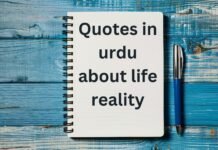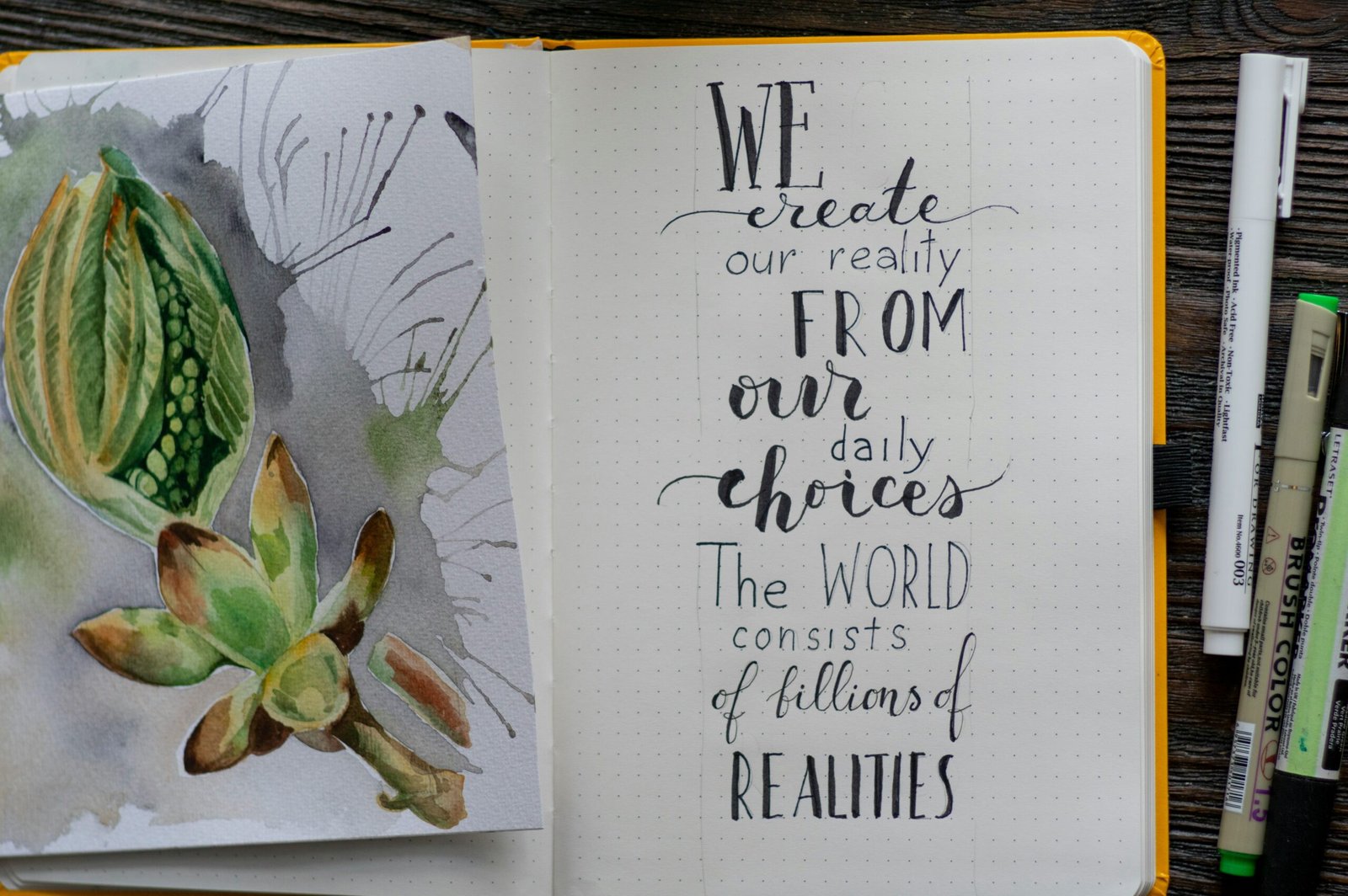Exploring the Depth of Emotions Through Urdu Quotes
Introduction
Urdu, with its rich poetic heritage, has the remarkable ability to capture the nuances of human emotions in its quotes. These emotional quotes delve deep into the human psyche, expressing feelings of love, longing, joy, and sorrow with unparalleled eloquence. In this article, we will embark on a journey through the emotional landscape of Urdu quotes, exploring their profound impact on the human heart.
The Language of Love
Urdu quotes are renowned for their portrayal of love in its myriad forms. Whether it’s the passionate declaration of affection or the melancholic lament of unrequited love, Urdu quotes have a way of resonating with the deepest corners of the heart.
One such quote by the legendary poet Mirza Ghalib beautifully encapsulates the essence of love: “Ishq par zor nahin hai ye woh aatish ‘Ghalib’ ki lagaye na lage, aur bujhaye na bane” (Love is not within one’s control, it’s that fire which, once ignited, cannot be extinguished).
Embracing Solitude and Sorrow
Urdu quotes also reflect the human experience of solitude and sorrow. In moments of despair, these quotes serve as a comforting reminder that pain is an integral part of life’s journey.
The poet Faiz Ahmed Faiz, in his poignant verse, captures the essence of solitude: “Dil na-umeed to nahi, nakaam hi to hai, lambi hai gham ki shaam, magar shaam hi to hai” (The heart is not without hope, it’s just that it has met with failure; the evening of sorrow may be long, but it’s only an evening).
Celebrating Joy and Jubilation
On the other end of the emotional spectrum, Urdu quotes celebrate moments of joy and jubilation. These quotes serve as a source of inspiration, reminding us to cherish life’s fleeting moments of happiness.
A quote by Allama Iqbal encapsulates this sentiment: “Khudi ko kar buland itna, ke har taqdeer se pehle, Khuda bande se khud pooche, bata teri raza kya hai” (Elevate yourself to such heights that before every decree of fate, God Himself asks His servant, what is it that you desire?).
Finding Hope in Adversity
In times of adversity, Urdu quotes offer solace and hope. They serve as beacons of light, guiding us through the darkest of times.
A quote by Jaun Elia exemplifies this resilience: “Woh nahi aata, aur aane ka intezaar hai, uss se milne ki aarzoo, par aarzoo ka taqaza hai” (He does not come, yet there is hope for his arrival, the desire to meet him, though the desire demands patience).
Conclusion
Urdu quotes possess a timeless allure, transcending boundaries of time and culture to touch the depths of the human soul. Whether celebrating love and joy or acknowledging sorrow and solitude, these quotes serve as a testament to the resilience of the human spirit. In their eloquent verses, we find solace, inspiration, and a profound understanding of the intricacies of human emotions.














































































































